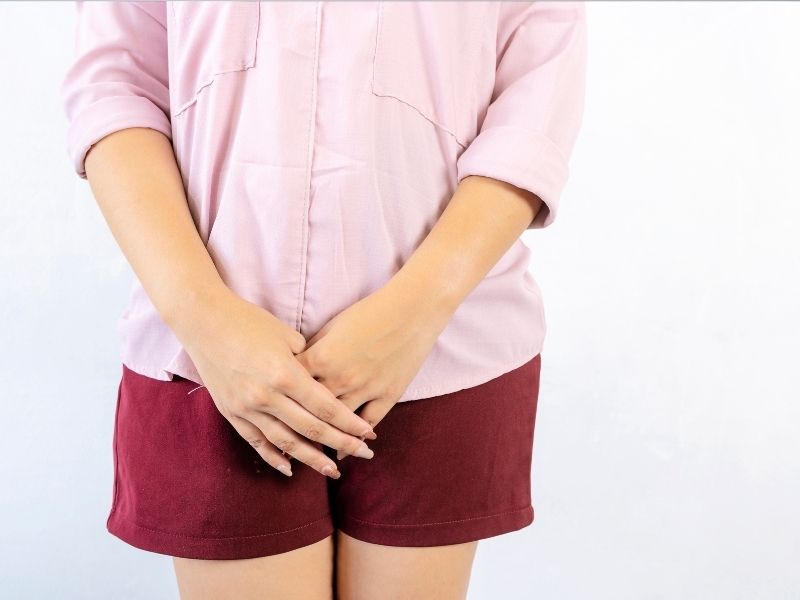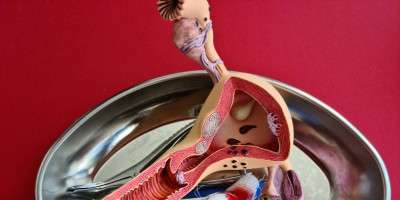Vaginal yeast infections are common among women, with three out of four women experiencing it at least once in their lifetime. Vaginal yeast infections can affect women of all ages and are treatable.
How is Vaginal Yeast Infection Treated?
Treating a vaginal yeast infection is not difficult. There are various types of yeast infections, and the doctor determines the treatment based on the infection's severity. It is important to use the prescribed medications consistently. Common treatment methods include:
- Suppository Use: After inserting the suppository into the vagina, it dissolves to eliminate the yeast. Once fully dissolved, it is expelled, which may cause increased discharge. Suppositories are generally safe for pregnant or breastfeeding women and are used once daily for a period of 3–14 days, depending on the infection.
- Vaginal Creams: These creams are applied inside the vagina and can treat the infection within 3–7 days. Hands should be washed before and after application.
- Oral Medications: The duration of use depends on the severity of the infection and is more commonly used for recurrent infections.
What Happens If Vaginal Yeast Infection is Left Untreated?
If untreated, a yeast infection may worsen. Symptoms such as itching, burning, swelling, and discharge may intensify, leading to greater discomfort. Untreated infections can become chronic, and even if symptoms appear to subside, they may flare up repeatedly. In more advanced cases, particularly in individuals with weakened immune systems, the infection can spread and cause serious health problems. Therefore, it is essential to consult a doctor as soon as symptoms appear to create an appropriate treatment plan.

Why Does Vaginal Yeast Infection Keep Recurring?
The main reason for recurring vaginal yeast infections is inadequate treatment. When symptoms subside, some individuals may stop using their medications, leading to the reappearance of the infection. It is crucial to complete the full course of treatment as prescribed by a doctor. Recurrences may also be due to a weakened immune system or hormonal changes, which can disrupt the vaginal pH balance, creating an environment where yeast thrives. Additional factors include wearing tight clothing, synthetic underwear, and keeping the vaginal area damp, all of which can contribute to recurrence.
Natural Remedies for Vaginal Yeast Infection
While undergoing medical treatment for vaginal yeast infection, some individuals may choose to use natural remedies as a supplementary approach. However, natural methods alone are not sufficient for complete treatment. It’s important to consult a doctor before trying any home remedies, as hearsay solutions may not be reliable or safe. Maintaining good hygiene is critical, as well as avoiding sexual intercourse during the treatment period to support faster healing and prevent transmission to a partner. Probiotics, which help support vaginal flora, are recommended; yogurt and other probiotic-rich foods can be beneficial. Additionally, drinking plenty of water is essential as it helps flush toxins from the body.
Which Doctor to Consult for Vaginal Yeast Infection?
For a vaginal yeast infection, you should consult a gynecologist. The doctor will listen to your symptoms, provide a diagnosis, and administer the appropriate treatment. Associate Professor Dr. Çiğdem Abide specializes in gynecology and obstetrics. For treatment in Ataşehir or for more information, please contact us through the information provided on our contact page.
You May Also Interested In
We recommend colposcopy and biopsy to patients after abnormal cells or high-risk HPV …
Read more






